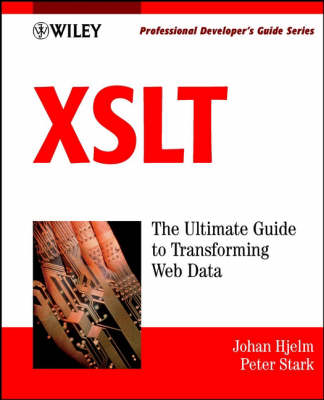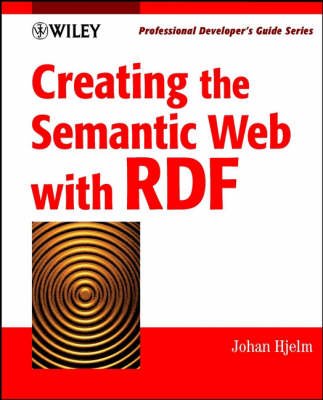Professional Developer's Guide S.
2 total works
Extensible Style Language Transformation (XSLT) represents a major breakthrough for digital content, providing a new way of translating Web content from XML into the different standards populating the wired and wireless world - HTML, XHTML, WML, and others. XSLT was developed at MIT's W3C and is the new standard that will be used to make all content universal in structure for e-commerce. With XSLT, you can get to the same content from any device and the device will be able to read it.
The first state-of-the-art guide for Web developers who need to enable totally new services using metadata This book offers for the first time complete guidance for Web and content developers who use Resource Description Framework (RDF) to create Web services, both wired and wireless, for metadata, or data that is maintained by an application. Written by the W3C Fellow charged with making the W3C XML standard work with other open standards, the book clearly demonstrates how RDF and metadata can greatly improve a user's Web experience through richer, better-tailored content. The author explains RDF theory and practice and how it compares to XML and HTML in layman terms and provides source code for several important tools. He includes descriptions of real services, both for the desktop computer and the handheld wireless device, and hands-on examples illustrating how metadata is used to tailor services for users. Explanations of how RDF ties in with intelligent agents are also provided.

